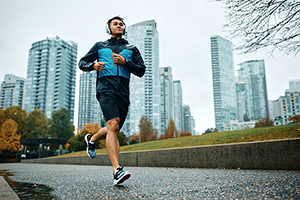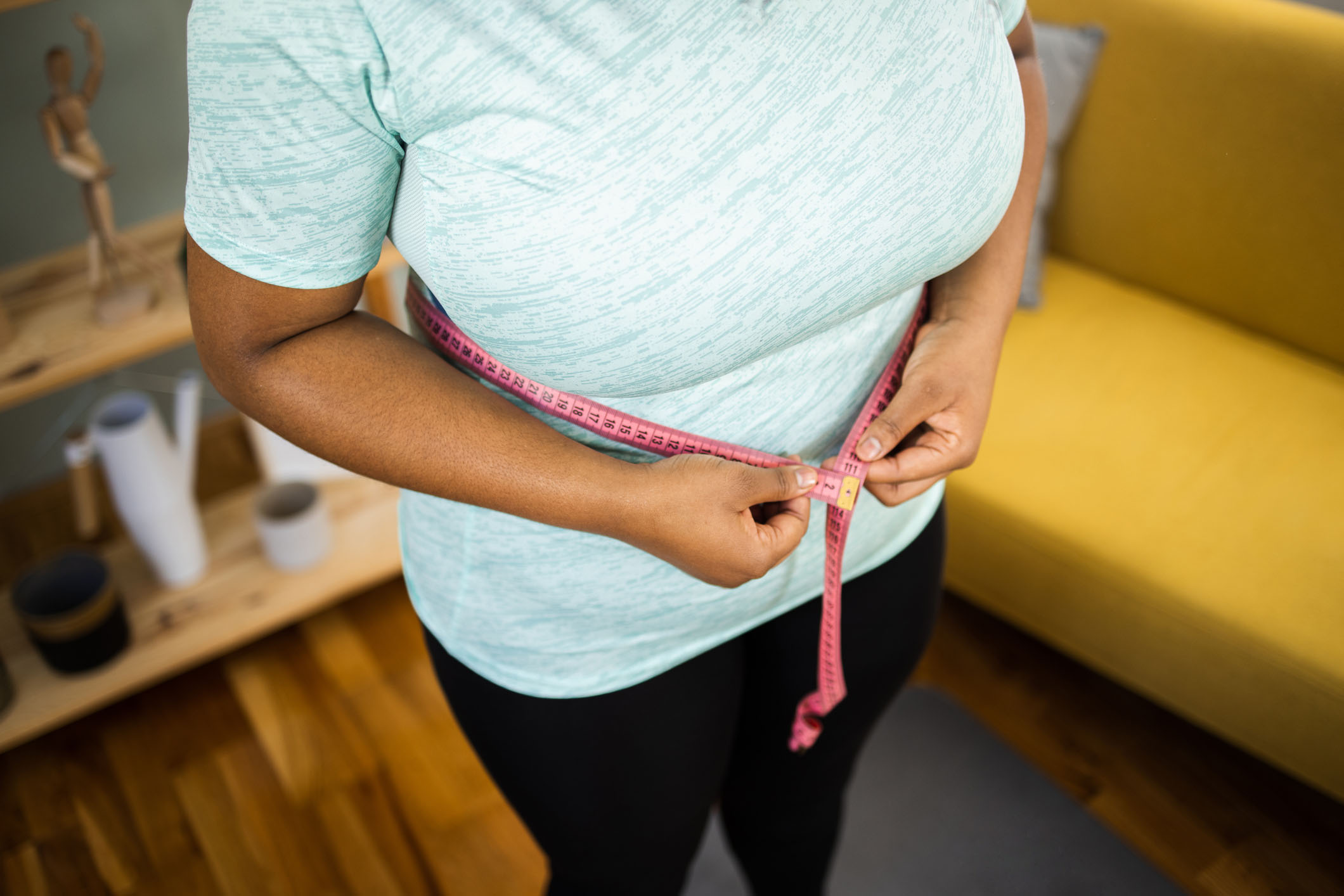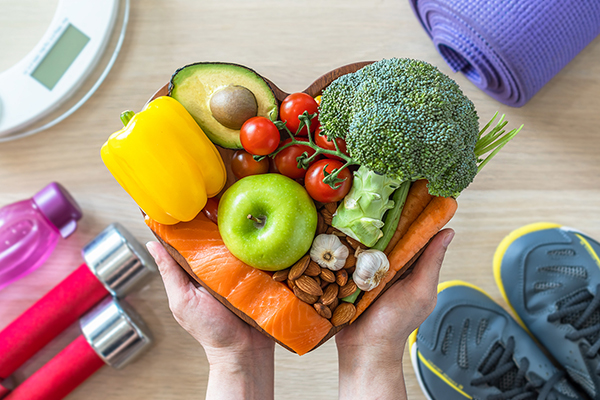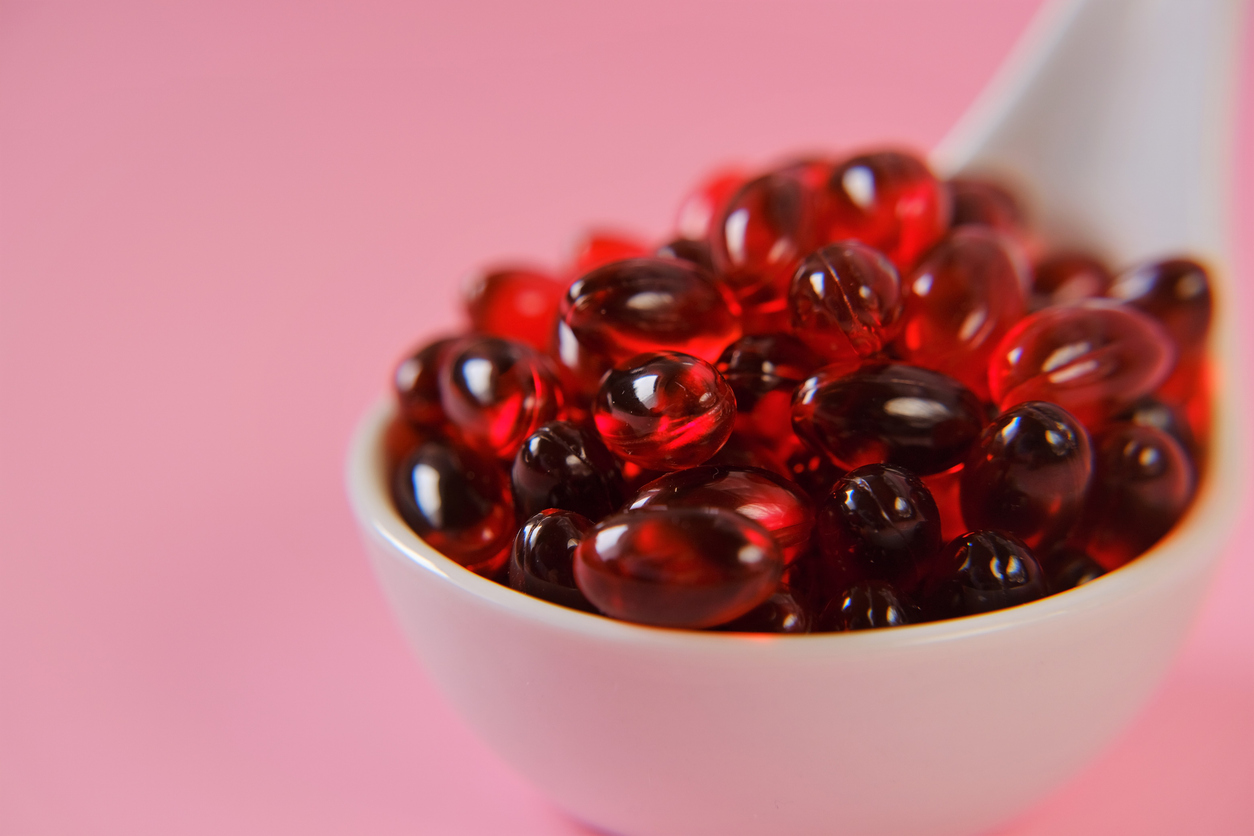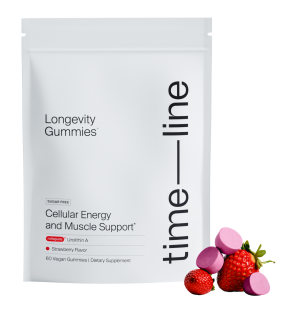Q: I try to maintain an active lifestyle and am an avid runner. However, I know that distance running can sap my body of important nutrients. After running nine miles and perspiring heavily, what nutrients does my body need to be replaced, and what is the best way to do that?
A: First and foremost: Water and electrolytes—and plenty of it because hydration and repletion of electrolytes is critical for a successful recovery.
According to the Academy of Nutrition and Dietetics:
Adequate food and fluid should be consumed before, during, and after exercise to help maintain blood glucose concentration during exercise, maximize exercise performance and improve recovery time. Athletes should be well hydrated before exercise and drink enough fluid during and after exercise to balance fluid losses. Sports beverages containing carbohydrates and electrolytes may be consumed before, during, and after exercise to help maintain blood glucose concentration, provide fuel for muscles and decrease risk of dehydration and hyponatremia. J Am Diet Assoc. 2009;109:509-527.
While I’m not a fan of sugar-laden sports drinks, good quality coconut water, which is loaded with potassium, would be beneficial. Another option is taking a drink of one-third fresh fruit juice (like pomegranate or tart cherry) to two-thirds cup of pure filtered water.
Sipping tomato juice (you need salt too!) and eating half an avocado sprinkled with salt is yet another option. However, because you’re such an avid runner and perspire heavily, you may require a more concentrated electrolyte product.
Next, you want to restore your glycogen levels after a long run so you can get ready for the next one. The best time to eat is within forty-five minutes to an hour after a run for optimal recovery.
Moderate amounts of carbohydrates including vegetables, fruits, beans, and whole grains are appropriate, making sure to include good quality proteins with your meals such as meat, poultry, eggs, and whey as these provide beneficial branch chain amino acids (BBCAs) which your muscles need for repair.
If you find you need additional energy, d-ribose taken before, during, or after exercise can accelerate the repletion of ATP.
To your health!
